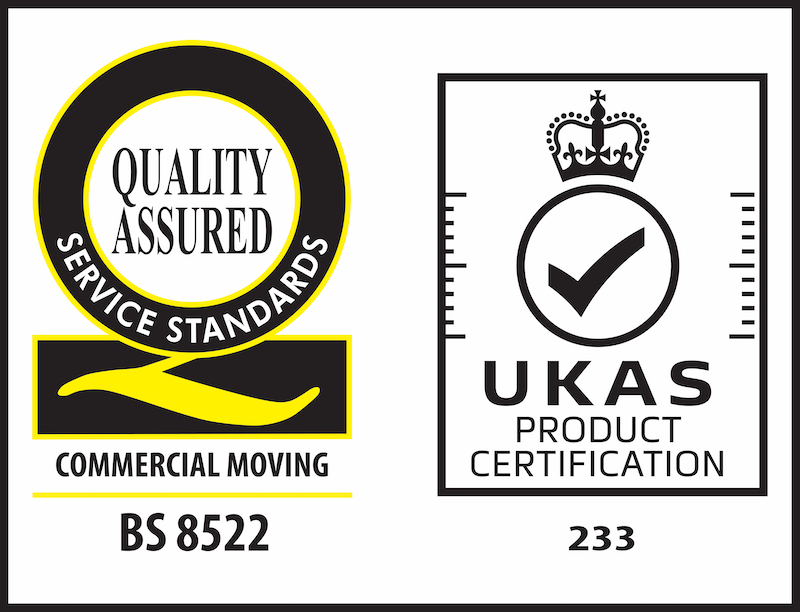What will the ‘new normal’ mean for the workplace?
To successfully create a blueprint for the future workplace experience we need to explore what did and didn’t work in the ‘old normal’

MORE STORIES
- Page 18 of 27
Please click here to chat through what you'd like your Success Story to be.
It may take some time for society to return to a place that even slightly resembles the old normal. That said, it’s only a matter of time until the social distancing rules are relaxed, so we need to prepare ourselves for when we get to the other side of this pandemic. How can we use this time away from the office to rethink our approach to managing the future office, whenever that time may come?
Pre-pandemic, we had businesses that were agile, flexible and embraced the notion of ‘work is a thing you do, not a place you go’. And we also had businesses that were a little bit more structured about where people could and couldn’t work. Regardless of the mixed approaches to work styles and models, however, there has always been a fear attached to home-working. Before the number of coronavirus cases exploded, working from home was, for many, seen as impossible or the sequence of words were often displayed with inverted commas around them. I think that attitude had convinced many that home-working was not a viable option.
When the government first advised people to stay away from the office (and pubs) on Monday 16th March, people were nervous about the prospect of working from home and worried about how they would cope. But within days the whole world discovered how adaptable and resilient it is when people are placed under a lot of pressure. Most of us have learned very quickly that we can work from home.
Post-pandemic, some people will want to continue working from home, others will want that freedom and flexibility to work wherever, and there will be those that are desperate to get back to the office. Whatever happens, we’re no doubt going to witness an significant shift towards home-working. The culture of organisations will also change, as will the approach to the function and management of the office.
Workplace management is a business-critical profession which can help organisations shape new and innovative ways of working. And that’s what we need right now. The coronavirus outbreak provides us with an opportunity to think about the ways businesses may have to adapt not just during the lockdown, but afterwards when life starts to return to a closer version of normal.
Change specialists are the key to providing a way of working that people value. At BMG, we’ve witnessed many clients adapt to support home workers. Facilities teams are now providing dispersed teams with everything from furniture to IT. They’re also implementing and deploying questionnaires to ensure people are working safely, have the correct physical set up, and the right level of support.
So, to fast forward to the future when the lockdown has lifted: how do we adapt to accommodate a larger mobile workforce? Don’t get me wrong, I don't think the trains are going to be overloaded with people communiting to the cities anytime soon, even when we’re allowed to travel. I imagine we will develop an anxiety about visiting buildings with swathes of other people. Many may remain fearful about contracting the disease, because that fear will have been instilled in us for maybe six months by that point. And that fear, coupled with new working habits, will force businesses to make huge changes to their operations.
The organisation of the future will open communications lines. They will rethink their talent attraction strategies (there are no longer any geographic restrictions to accessing the best talent) and they will reassess the value of their supply chains. Things will be different. And it’s how we respond to these changes that really counts.
Until we start exploring what elements from the ‘old normal’ worked and didn’t work, and until we begin to unravel what is and what is not working for home-based employees right now, then we can’t hope to design a blueprint for the future workplace experience.
Forward-thinking companies will be talking to their employees, their supply chain and their customers in order to build a strategy that takes onboard everybody's experiences to date with the view to ensuring a step-change process that will better support the business, and everyone who’s part of it, in the future.
Let’s recognise there is no normal. And let’s become as resilient as possible so we can bend and sway with whatever’s thrown our way. The companies that not only survive but also thrive will be the ones that are able to adapt quickly. They will be the companies that support their people and their customers, and learn new skills in the process.
The FMs we’re working with are using this time to prepare and pre-empt what habits might emerge when the businesses they support reopen their workplaces, and they’re already devising strong communications plans for when people return to work. We’ve seen FM leaders be very proactive in this space and we’re looking forward to the next chapter of this vital industry.
MORE STORIES
- Page 18 of 27
Please click here to chat through what you'd like your Success Story to be.





